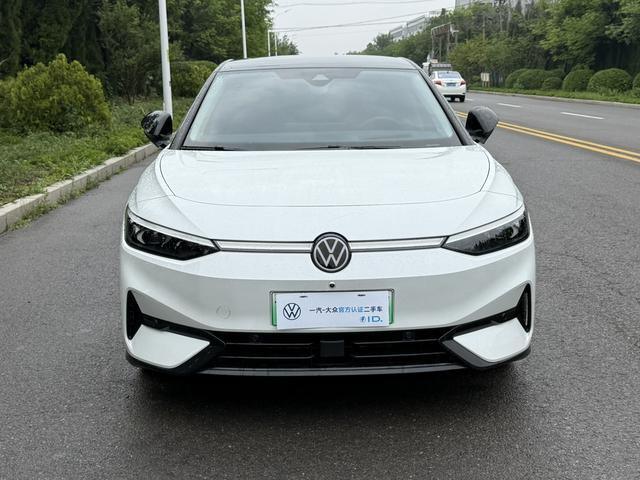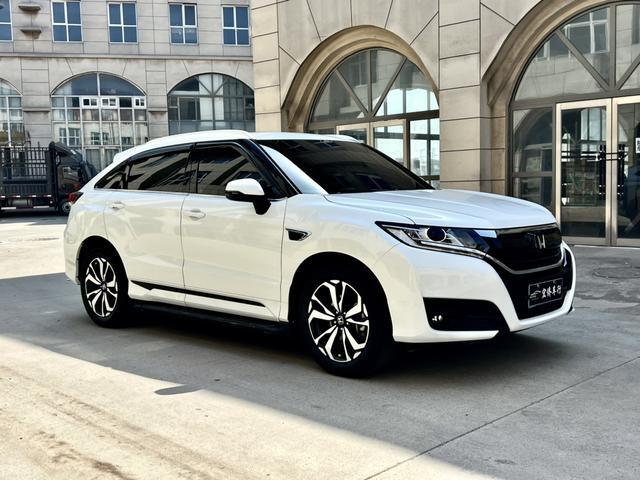Understanding the Chinese Automotive Market Landscape
The Chinese automotive industry has undergone a remarkable transformation over the past decade, emerging as a global powerhouse in vehicle manufacturing and exports. With competitive pricing, improving quality standards, and innovative technology integration, buying cars from China has become an increasingly attractive option for international buyers and dealerships. This comprehensive guide will walk you through essential considerations, procedures, and insights to help you navigate the Chinese automotive export market successfully.

Key Considerations for Chinese Vehicle Imports
Quality Standards and Certification Requirements
When buying cars from China, understanding quality standards is paramount. Chinese manufacturers must comply with international safety and emission regulations to export vehicles. Modern Chinese production facilities implement rigorous quality control processes, often matching or exceeding international standards. Buyers should verify that vehicles meet their destination country's specific certification requirements, including safety standards, emission regulations, and homologation processes.
Documentation plays a crucial role in the certification process. Ensure all vehicles come with proper certificates of conformity, manufacturing details, and technical specifications. This documentation will be essential for customs clearance and vehicle registration in your destination country.
Manufacturing Partners and Reliability
Selecting the right manufacturing partner is crucial for successful vehicle imports. China hosts numerous automotive manufacturers, ranging from state-owned enterprises to private companies with international joint ventures. Research potential partners thoroughly, examining their production capabilities, export experience, and track record in international markets.
Consider factors such as the manufacturer's production capacity, quality control systems, and after-sales support network. Established manufacturers often provide better warranty terms, spare parts availability, and technical support services, essential for long-term business sustainability.
Financial and Logistics Planning
Cost Structure Analysis
Understanding the total cost of buying cars from China involves more than just the purchase price. Factor in shipping costs, import duties, taxes, insurance, and potential currency fluctuations. Some manufacturers offer FOB (Free On Board) pricing, while others provide CIF (Cost, Insurance, and Freight) terms. Compare these options carefully to determine the most cost-effective approach for your business model.
Consider establishing relationships with financial institutions experienced in international trade. They can provide valuable services such as letters of credit, trade financing, and currency exchange solutions to optimize your purchasing strategy.
Shipping and Transportation Logistics
Efficient logistics management is crucial when buying cars from China. Choose between container shipping and RO-RO (Roll-On/Roll-Off) vessels based on your volume and requirements. Container shipping offers better protection but may be more expensive for smaller quantities. RO-RO services are often more cost-effective for larger shipments.
Plan for potential delays and seasonal variations in shipping schedules. Chinese holidays, particularly the Chinese New Year, can significantly impact production and shipping timelines. Build adequate buffer time into your planning to maintain consistent inventory levels.
Legal and Regulatory Compliance
Import Regulations and Documentation
Successfully buying cars from China requires thorough knowledge of import regulations in your target market. Each country has specific requirements regarding vehicle age, emission standards, safety features, and documentation. Work with experienced customs brokers who understand both Chinese export procedures and your local import requirements.
Maintain detailed documentation throughout the process, including purchase contracts, quality inspection reports, shipping documents, and customs declarations. Proper documentation helps prevent delays and ensures smooth customs clearance.
Intellectual Property Considerations
Protect your interests by understanding intellectual property rights and trademark regulations. Some Chinese manufacturers may offer vehicles with designs similar to established brands. Ensure all vehicles and components comply with international intellectual property laws to avoid potential legal issues in your market.
When dealing with Chinese manufacturers, clearly define ownership rights for any customizations or modifications in your purchase agreements. This protection becomes particularly important for branded or modified vehicles.
Quality Control and Inspection
Pre-Shipment Inspection Protocols
Implementing robust quality control measures is essential when buying cars from China. Consider hiring third-party inspection services to conduct pre-shipment inspections. These inspections should verify vehicle condition, specifications, and compliance with agreed standards before shipment.
Develop a comprehensive inspection checklist covering mechanical components, electrical systems, finish quality, and safety features. Document any issues discovered during inspection and establish clear protocols for addressing defects or non-compliance.
Long-term Quality Monitoring
Establish systems for monitoring vehicle quality and performance after delivery. Collect data on customer feedback, warranty claims, and common issues to identify potential problems early. This information helps improve future orders and maintain strong relationships with manufacturers.
Regular communication with manufacturers about quality expectations and performance metrics helps maintain consistent standards. Consider implementing a supplier rating system to track and improve supplier performance over time.
Frequently Asked Questions
What warranties typically come with Chinese manufactured vehicles?
Chinese manufacturers generally offer warranties ranging from 3 to 5 years, depending on the vehicle type and negotiated terms. These warranties usually cover major mechanical and electrical components. However, warranty terms can vary significantly between manufacturers, so it's important to carefully review and negotiate warranty coverage during the purchasing process.
How long does the typical import process take from order to delivery?
The complete process of buying cars from China typically takes 2-4 months, including production time, shipping, and customs clearance. Factors such as order volume, shipping method, and destination port can affect the timeline. Planning for seasonal variations and potential delays is essential for maintaining consistent inventory levels.
What payment terms are standard when importing vehicles from China?
Common payment terms include letters of credit (L/C), telegraphic transfer (T/T), and occasionally deposit arrangements. Most manufacturers require a 30% deposit upon order confirmation, with the balance due before shipping. Some established suppliers may offer more flexible terms for long-term partners or large-volume orders.

